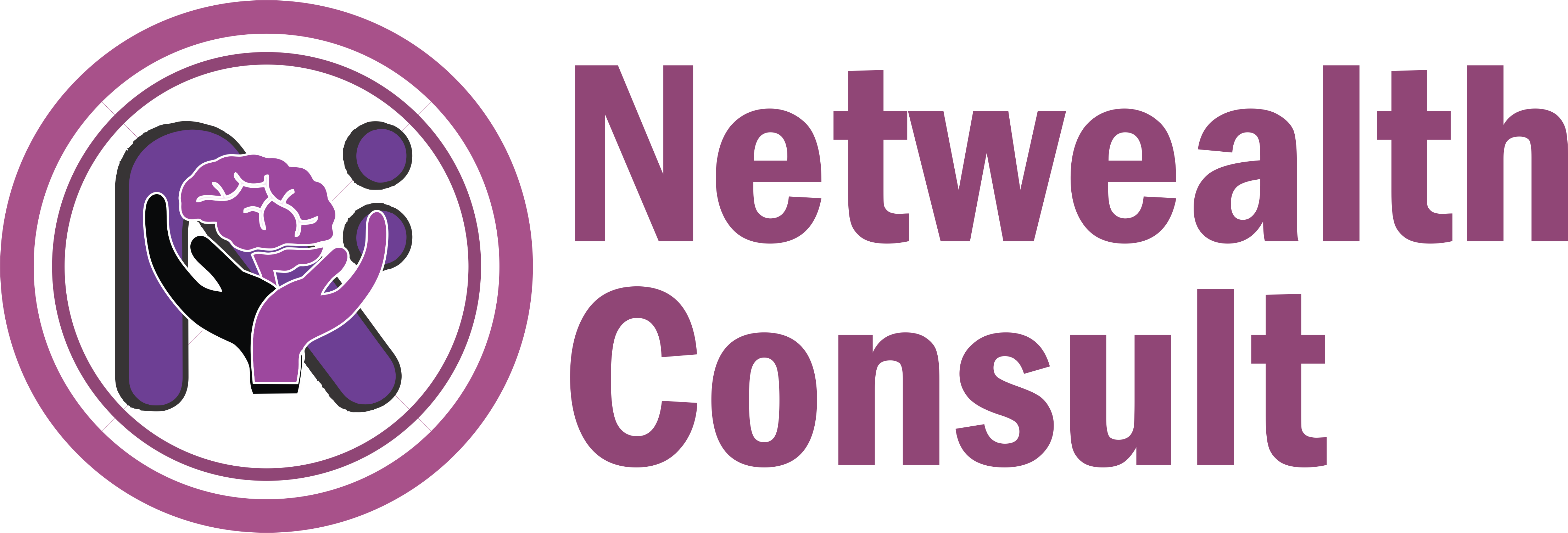
When we picture corporate boardrooms, we often imagine polished professionals making rational decisions for the good of shareholders, employees, and society. But beneath the surface of many leadership teams lurks a more unsettling truth: the presence of individuals who embody the so-called Dark Triad of personality traits — narcissism, Machiavellianism, and psychopathy.
While these traits are often discussed separately, together they can create a toxic cocktail that threatens not only organizational culture but also long-term performance and ethical standing.
Narcissism: The Cult of the Self
Narcissists in leadership often appear charismatic, confident, and visionary — at least initially. They can energize a board with grand ambitions and bold strategies. But their need for admiration and hypersensitivity to criticism can lead to:
- Overestimating their own competence, leading to reckless decisions.
- Suppressing dissenting voices, stifling healthy debate.
- Prioritizing personal image over organizational health, focusing on short-term wins that burnish their reputation.
Machiavellianism: The Chess Player of Deceit
Machiavellian leaders see relationships as transactional and colleagues as pieces to be moved on a board. They’re skilled at manipulation, flattery, and strategic alliances — but their ends-justify-the-means mindset can result in:
- Undermining colleagues for personal gain, sowing distrust.
- Concealing true intentions, leaving the board and stakeholders in the dark.
- Sacrificing ethical standards, if it means advancing their agenda.
Psychopathy: The Callous Disruptor
Psychopathic traits — such as lack of empathy, impulsivity, and remorselessness — can wreak havoc at the highest levels. These individuals are often fearless and willing to take extreme risks, but:
- They disregard the human cost, harming employees and communities.
- They struggle with long-term planning, focusing on immediate gratification.
- They can create cultures of fear, leading to high turnover and burnout.
Why the Dark Triad Thrives in the Boardroom
Several systemic factors make the boardroom a breeding ground for the Dark Triad:
- Success worship: We idolize bold, confident leaders — even when their confidence masks incompetence or cruelty.
- Weak checks and balances: Boards sometimes lack strong governance, allowing manipulative individuals to accumulate unchecked power.
- Short-term incentives: Reward structures that emphasize immediate results over sustainable growth can empower those willing to cut corners.
What Can Organizations Do?
The first step is awareness. Organizations must recognize that impressive résumés and polished presentations don’t always reveal character.
Practical steps include:
- Embedding behavioral interviews and 360-degree reviews into leadership hiring and promotion.
- Ensuring boards have diverse perspectives to prevent groupthink.
- Building a culture of psychological safety, where concerns about unethical or manipulative behavior can be voiced without fear of retribution.
- Aligning incentives with long-term outcomes rather than short-term optics.
Conclusion
The Dark Triad in the boardroom isn’t just a psychological curiosity — it’s a risk to businesses, employees, investors, and society at large. By acknowledging and addressing these traits at the top, organizations can foster healthier cultures and build more resilient, ethical companies.
Because in leadership, character is strategy.
